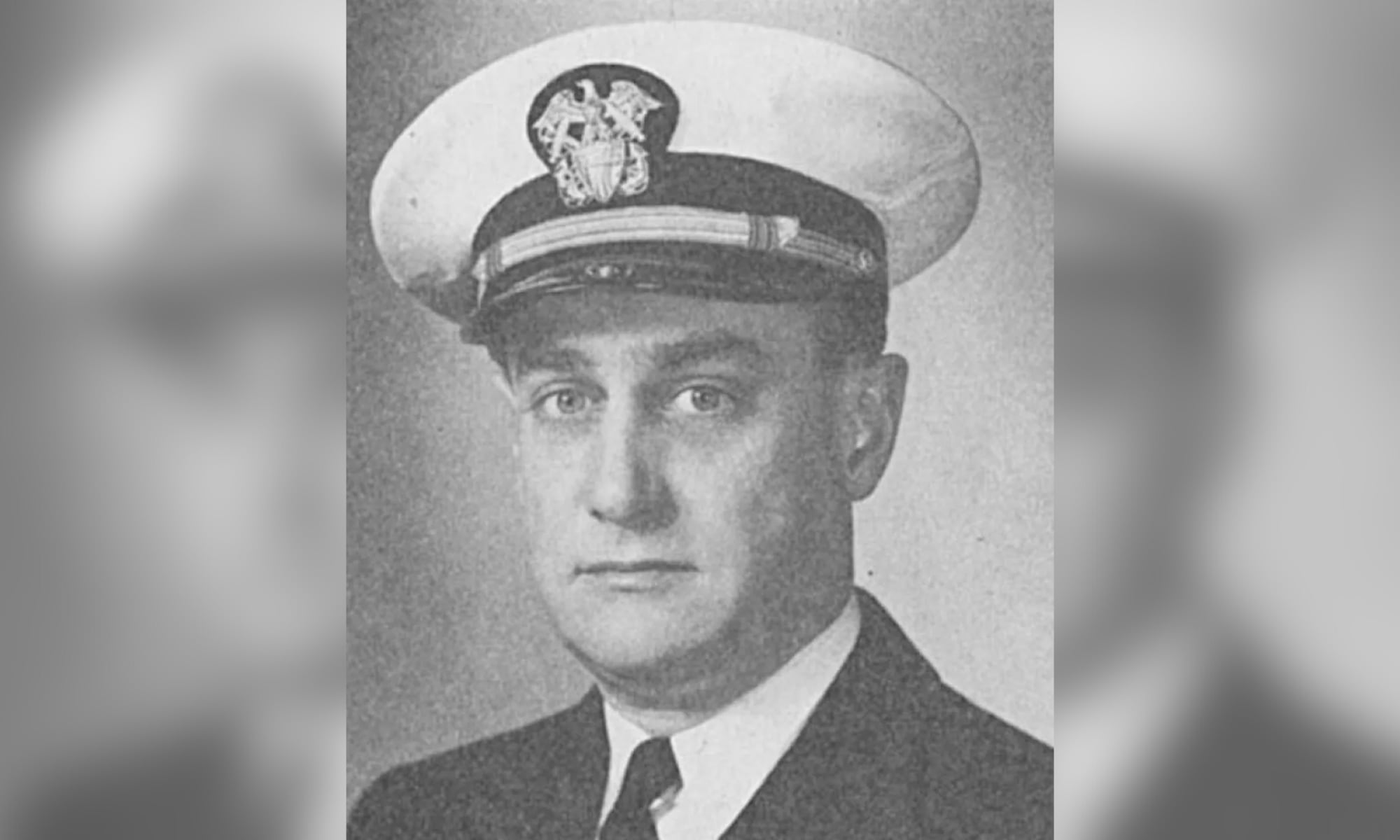Marine veteran Staff Sgt. When Charlie Linville isn't letting the partial amputation of his right leg stop him from reaching the summit of Mount Everest this spring — and when he gets there, he will plant a flag bearing the names of those who died in Iraq and Afghanistan and bow his head.
After all, that's the closest he will be to heaven so "I'll just say a prayer and thank them for making ultimate sacrifice," said Linville, a 29, of -year-old veteran Marine staff sergeant from Boise, Idaho.
Linville, though, helped pay a portion of that sacrifice e butcher's bill during the 13-years stretch of war. After serving in Iraq with 3rd bBattalion, 5th Marines — a tour that saw him pass through Fallujah in 2007 — Linville he swapped his military occupational specialty of assaultman for explosive ordinance technician.
Two months following the birth of his second daughter in 2010, Linville headed back overseas, this time for Afghanistan as a member of the 3rd Explosive Ordinance Disposal Company. Eventually, he was reunited with 3/5rd battalion, 5th Marines, attaching ed to the unit in Sangin.
It's there in 2011 that Linville suffered the injuries, including mild traumatic brain injury and lower spine trauma, which would later lead to the amputation of the lower portion of his right leg.
It was during his recovery that Linville found out about The Heroes Project, a foundation dedicated to training and then sending wounded warriors up the world's highest peaks. They initially slated Linville for Carstensz Pyramid in Indonesia.
Linville wanted more of a challenge, though, and . And Everest remained unconquered by the group.
Soon Linville found himself training for a trip to the highest point on Earth. roof of the world. He originally hoped to scale Everest last year, but the tragic avalanche that claimed the lives of 16 Sherpa guides derailed his plans. He'll launches his second attempt in late March.
If anything, the extra time has made him better prepared for the climb, which is the way the Marine veteran likes it.
"[My] mindset is the same as when I've been deployed: being as possibly prepared as you can be," Linville said. "I'm not nervous to go climbing knowing the dangers, just like I wasn't nervous to deploy knowing the dangers that come with deploying. I know that I have to be prepared. It's on my mind on a daily basis."
Forced by his injuries to use a prosthetic, Linville faces unique challenges, but the Marine Corps mentally equipped him for the test, he said.
"Mountaineering is suffering; being in Marine Corps infantry is suffering," Linville said. "It's not plush living."
And he's got his family's support, despite Everest's reputation. Though Mandi Linville admits she weathers moments of fear for her husband, she is fully confident in his ability to conquer the infamous peak.
Accomplishing it will serve as an inspiration for his fellow wounded warriors, she said.
"He's just kind of always had that mentality of wanting to show people that even with their injuries there are still possibilities and they still have abilities," Mandi Linville said. "They are capable of so much more than just the glory days that they had in battle. They can come back and accomplish so much."





